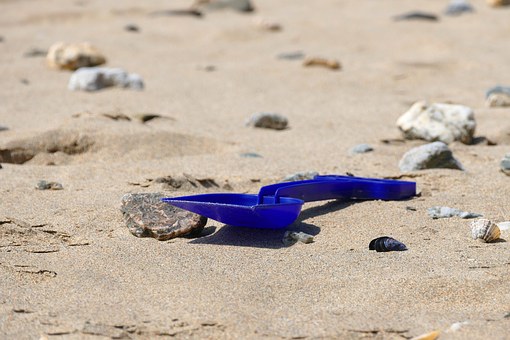Oceans account for around 71 percent of our planet and holds 97 percent of our planet’s water. They absorb the most carbon from our atmosphere and produce more than half of the oxygen in it. Humans have been hard on the world’s oceans and have caused them harm by pollution, over fishing and climate change.
Every bit of effort to prevent these harms is essential to the health of our planet. Scientists estimate that “over 150 million metric tons of plastics are currently in the ocean today, entangling wildlife, polluting beaches, and costing coastal communities hundreds of millions of taxpayer dollars. That number could grow to 250 million metric tons in less than a decade if immediate action isn’t taken.” (Source: Ocean Conservancy)
According to the site Waste Dive, at the Our Ocean Conference in Malta, during October of 2017, “the Ocean Conservancy, joined by the Trash Free Seas Alliance, Closed Loop Partners, PepsiCo, 3M, Procter & Gamble, the American Chemistry Council, and the World Plastics Council announced a $150 million funding plan to help prevent the flow of plastic waste into the ocean.”
Waste Dive, which is dedicated to waste industry news, explains the details of the funding plan:
- Southeast Asia will be the focus of the funding initiative.
- The reason Southeast Asia is the focus is because nearly half of the plastic that flows into the ocean every year which is an estimated 8 million metric tons comes from the waste streams in just five rapidly developing economies in Asia (Indonesia, Philippines, Vietnam, Thailand and China). (Source: Ocean Conservancy)
- Closed Loop Partners, which has so far invested in domestic projects, will operate the new funding plan.
- The initiative will focus on investments to improve collection, sorting and recycling markets.
“Through this initiative, we will invest in and support the municipalities, entrepreneurs, investors and NGOs working to reduce ocean plastics and improve waste management in Southeast Asia,” said Rob Kaplan of Closed Loop Partners. “Our investments across North America — from recycling collection in Tennessee to developing new end markets for waste plastics in Louisiana — have resulted in tangible improvements to waste collection and recycling. Our model is to take the best practices in waste management investment, leverage the world’s largest consumer goods supply chains, and marry them with on-the-ground partner expertise and work.”
For more information about this initiative, visit New Initiative Launches at Our Ocean to Finance Solutions to Ocean Plastic at https://oceanconservancy.org/news/new-initiative-launches-ocean-finance-solutions-ocean-plastic/.